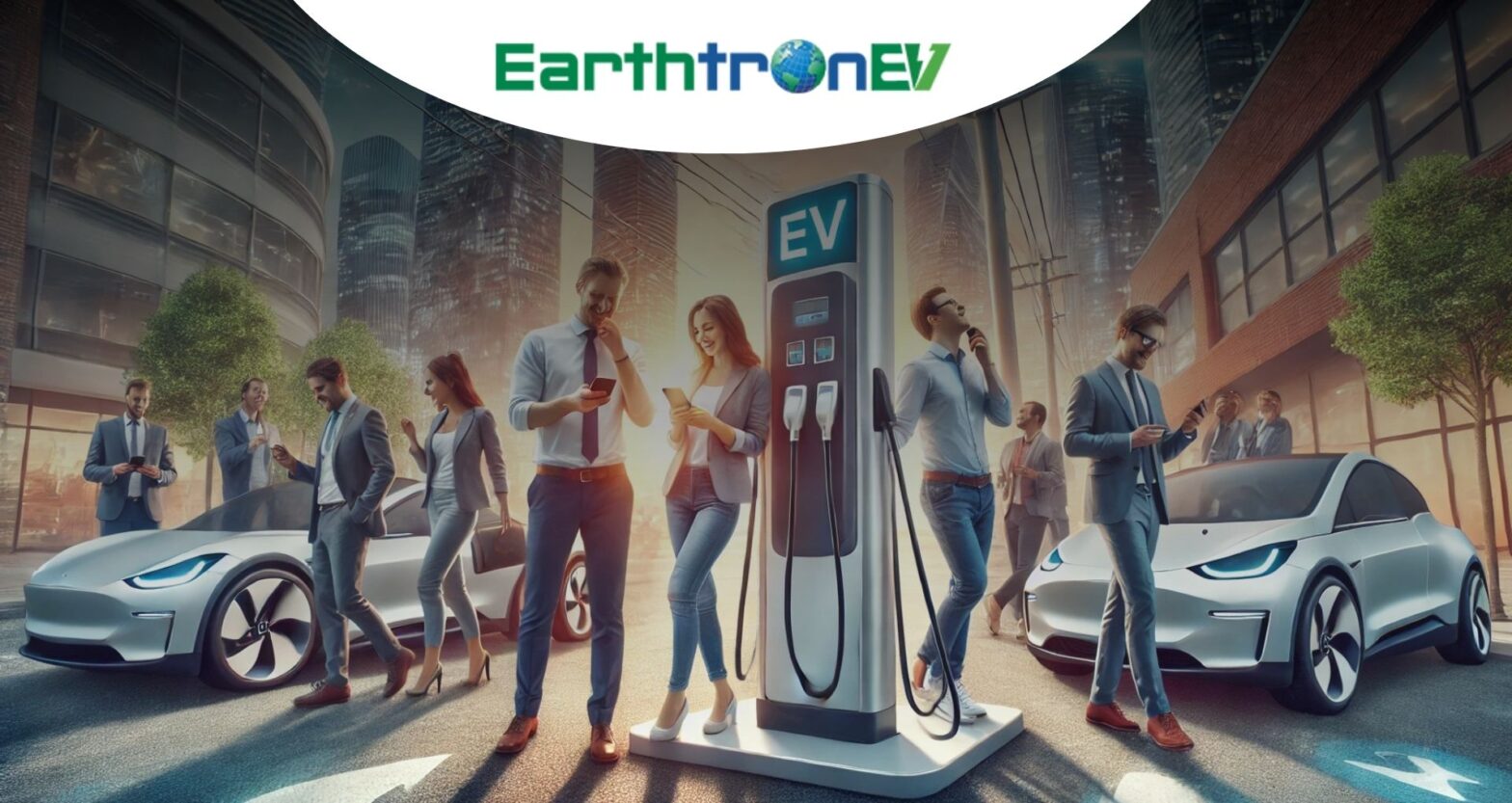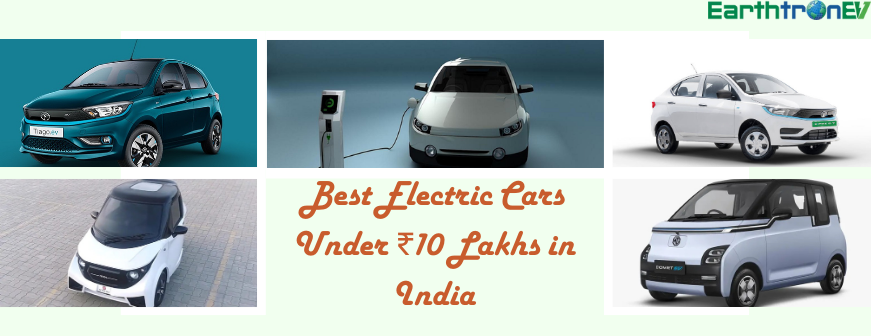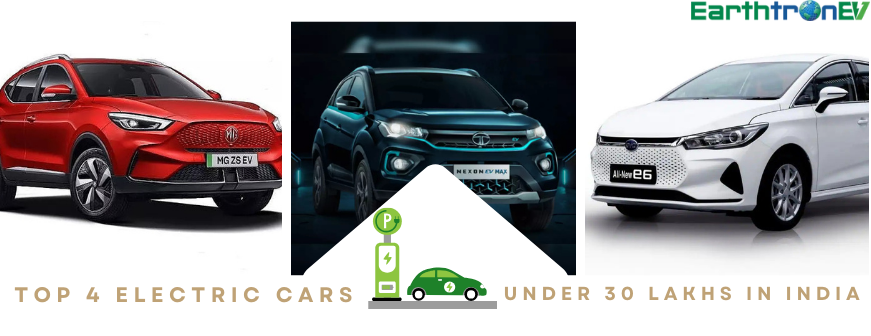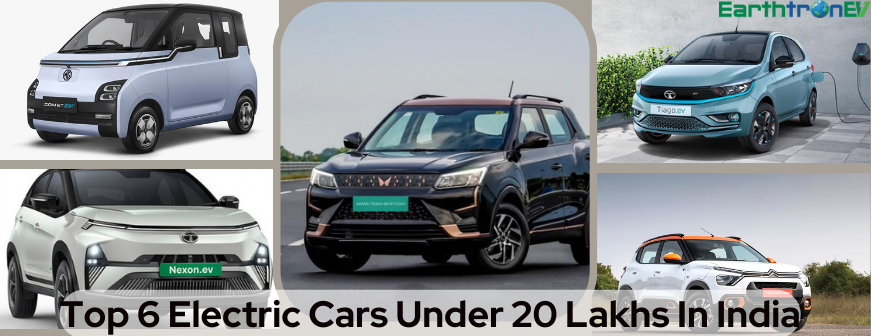The demand for electrification worldwide has increased to a new vertical. With this, EV charging infrastructures has become more prevalent in recent years. Due to the renewable source of electrifying vehicles, these charging infrastructures are gaining more popularity among different countries all over the globe. Many EV charging providers have expanded their services across various territories. It helps EV users find chargers and charge their EVs as required. It eventually increases the market growth of EV charging stations all over the globe.
Charging infrastructures can be of two kinds: public and private. Private and public charging infrastructures for EVs both come with individual pros and cons. It depends on what solution electric vehicles users are looking for. This article will illustrate how these two charging infrastructures differ from each other and the associated pros and cons.
Public and Private EV Charging infrastructures
EV users like fleets, individuals, or employees have distinct ways of using electric vehicles and charging stations. Some might use private chargers, limited to private residences only. Moreover, others might prefer less expensive options like public chargers to charge EVs. Public stations do not always keep up with the private sector for some industries at first. However, the EV charging station industry wishes to disrupt this concept.
There are over 5,254 public electric vehicle (EV) charging stations according to the latest statistics of Thehindubusinessline by 23 January, 2023. It indicates one charging infrastructure is available for every 393 electric vehicles in the country. But on the other hand, there are private charging stations in different cities of India. For instance, the Delhi government planned to install at least 1400 private charging stations in 2022 to 2025. Officials further stated that the market of private charging stations has been rising.
Public Charging infrastructures
Those charging stations which any general public can access are public charging infrastructures. Government bodies, third-party companies, or organizations operate and own public chargers. EV users can typically find these charging facilities visible in public spots like shopping centers, parking areas, and highways.
A total of 6586 public charging infrastructures were available in India by 21 March 2023. These stations provide diverse charging levels, and many public stations offer free charging for a limited time. Like private charging, the depiction of public infrastructures might differ slightly based on the spot. But in general, public chargers are available without restrictions on which drivers can use the station.
Pros and Cons of Public Charging infrastructures
There are some pros and cons that we will discuss here regarding private charging stations:
Pros:
There are several benefits of using and installing public infrastructures, and these are:
- Financial Assistance: Government bodies and many organizations support public charging stations through financial incentives. It includes tax breaks and financial subsidies on both the federal and state levels.
- Well-distributed Installation Areas: EV users can easily access the public chargers installed at well-distributed locations. It is an advantage for users who travel long distances.
- Increased accessibility: EV users can access public charging infrastructures 24/7. This system makes this an advantageous and convenient choice for EV users working late hours.
- Cost-Efficient: Often EV users can get free charging based on the charging infrastructure. Public charging owners might provide less charging costs while getting reduced electricity prices and rebates. It makes them cost-efficient compared to private EV charging infrastructures.
Cons:
These are some demerits of public charging stations:
- Time-consuming: Charging electric vehicles with public chargers are more time-taking. One might finish charging in more than half an hour. One might also have to wait in a long queue to charge the automobiles. It results in unreasonable wait times.
- Inconvenient energy sharing: During office times or peak hours, public EV charging infrastructures become chock-a-block with customers. It makes the network inconvenient to transmit energy to other EV users.
- Functional flaws: Due to high usage and multiple services, public EV charging infrastructures can malfunction. It creates a challenging situation for EV users to find another charging station in a time of need.
Private Charging Infrastructures
As the name signifies, individuals or organizations own and operate private chargers in residential areas like the company’s parking plots, apartments, or homes. Only the property owners or owners of the private chargers have access to charge their EVs. But this EV charging infrastructure sounds like it is limited to private residences. In simple words, the general public cannot access these charging stations.
Private charging is a rather costly network. One can even consider a charging station as private when offices, multifamily properties, multi-unit dwellings, or other businesses limit can access to these charging stations. The residents or employees of that particular locality can use these chargers, and this charging is still considered private.
Pros and Cons of Private charging infrastructures
There are some pros and cons that we will discuss here regarding private charging stations:
Pros:
There are several benefits of using and installing public infrastructures and these are:
- Augmented controlling: The significant advantage of private charging is increased control. These infrastructures offer installers more control over when and how they charge their electric vehicles. It makes the use of EV chargers more specific and efficient.
- Minimal crowd: There are less chances of jam-packed situation while charging EVs since these infrastructures are dedicated private chargers. This charging system preserves time as there is no waiting in queues, which increases reliability and accessibility to residential EV users. It decides the fast charging of electric vehicles compared to public chargers due to fewer crowds.
- Flexibility and Optimizable: EV users can customize their home charging stations to suit their requirements as EV owners. It allows owners to optimize their chargers whenever they need it.
- Customizable: The owners of the private EV charging infrastructures can customize them according to their preferences. They can choose the charging speed or add additional ports.
Cons:
Some of the disadvantages of private chargers are:
- Expensive: One critical disadvantage of private charging stations is the high-cost charging, purchasing, installing, and maintaining expenses. Due to these high costs, they are not viable for every customer.
- Limited accessibility: Travelers and other general public cannot access this charging infrastructure because of its limited accessibility. Only owners, tenants, residential EV users, or organization employees can access the private chargers.
- Unregulated charging costs: Since private charging owners can set the charging cost, it results in a potential overcharging for EV users.
- Space: Installers must install private chargers in large spaces. It can be in their garage in the residential area or their driveway.
- Compatibility: Private charging owners must ensure the charging station is compatible with their vehicle’s charging capabilities.
Conclusion
Public and private EV charging is equally necessary for the sustainable growth of the EV charging infrastructure market. Installers should extract meaningful differences between these two charging stations, benefitting their businesses. Both have advantages and disadvantages; it is up to the individual to assess which option best fits their needs. We hope you have an in-depth understanding of all the pros and cons of public and private charging infrastructures.







